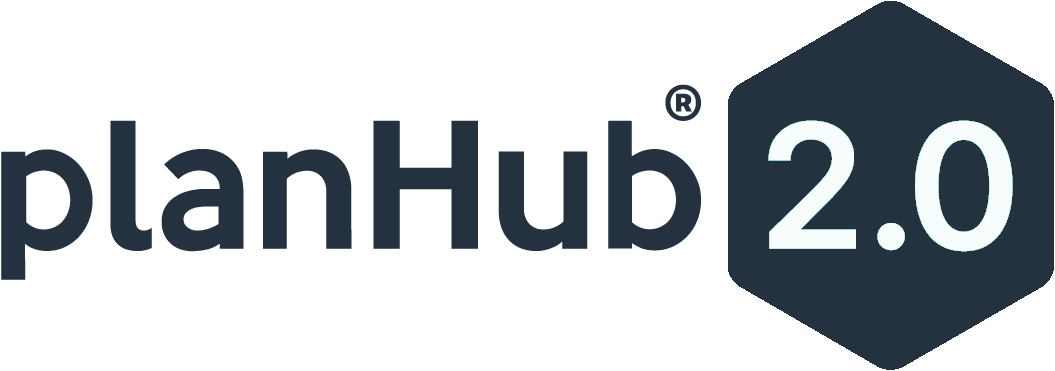Becoming a trade subcontractor can be a rewarding venture. You get to be your own boss, choose the work you do and who you work for, and, hopefully, make money doing it. If you’re thinking of becoming a construction subcontractor, here’s how to get started.
1. Decide what services you’ll provide
The first step is to choose what services you’ll provide. If you have experience working in a specific trade, you can leverage that experience into your new business. Or you can go to school to learn a new skill and start a business doing that.
There’s a major labor shortage in the construction industry, specifically trade contractors, like plumbers and electricians. This means that subcontractor services are in high demand. If you’ve got the skills or knowledge to open your own contracting business, there’s plenty of construction work available.
Not sure exactly what trade you want to provide? Here’s a list to help you get started:
- Site Work/Excavation
- Landscaping/Irrigation
- Concrete
- Masonry/Stonework
- Structural Steel
- Carpentry/Framing/Siding
- Roofing
- Sheet-Metal
- Windows
- Painting
- Flooring
- Drywall
- Plumbing
- Electrical
- HVAC
2. Legal stuff
Now that you’ve decided what type of work you want to perform, there are several things you need to do legally to set up your subcontracting business.
Select a name
Start by selecting a name for your company. In most states, if you work under your personal name, you don’t have to file any paperwork with the state to start a business. But if you want to use a business name other than your personal name, you’ll need to register with the Secretary of State or business registration office.
Decide on a business structure
Next, you’ll decide the business structure for your company. You can choose from sole proprietorship, S corporation, C corporation, limited liability company (LLC), or a partnership. It’s best to consult with an attorney or a CPA to determine the best structure for your business.
Register for a federal tax ID number
After you’ve selected your business name and company structure, you’ll need to apply for a federal tax ID number. You’ll use this number when opening a bank account and when hiring employees. You apply for this number through the IRS website. There is no fee to get this number. If you’re a sole proprietor or using your personal name as your business name, you can use your Social Security number as your tax ID number.
Open a seperate bank account for your business
To keep your finances organized, you’ll need to open a separate bank account for your business. Shop around for the best deal from local banks and credit unions. If you don’t find a good fit, there are reputable banks on the internet that don’t have brick-and-mortar locations. These digital banks often have more favorable terms for small businesses than traditional brick-and-mortar institutions.
As a small business owner, you’ll need to begin tracking your business finances separately from your personal finances. Business accounting software can help you keep your records straight, or you can start with a simple spreadsheet. There are many free or low-cost software options available online, and many come with features like payroll and credit card payment processing. If finances aren’t your strong suit, you can hire a bookkeeper to help you.
Get the necessary licenses and certification
In most states, subcontractors or freelancers need to be licensed as a construction contractor. If your company needs to be licensed in order to provide construction services in your state, you’ll need to complete an application and provide proof of the necessary insurance and bonding. You may also be required to prove your knowledge of your trade through experience or education. Additionally, some states require mandatory classes and tests before you can apply for your contractor’s license.
Purchase insurance
Whether you need to have certification and contractors license or not, it pays to purchase business insurance for your contracting company. The two most popular types of coverage include business general liability and workers compensation. If you’re using a truck or other vehicles or equipment for your business, you’ll also need commercial auto insurance.
3. Purchase or rent equipment and tools
No matter what type of subcontracting work you’ll be providing, you’ll need to purchase or rent equipment and tools to help you perform the work. Some trades require expensive equipment or specialized vehicles, while others only require hand tools. How much you spend on this equipment depends on your initial budget for starting your business. If you can’t afford to purchase the equipment or tools needed, you may want to look into renting them or purchasing used items. Remember, you can always upgrade your equipment after you’ve started turning a profit.
4. Marketing
Once you’ve completed the legal steps and purchased equipment and/or tools, you’re ready to begin offering subcontracting work. You’ll start marketing and advertising your business and the construction bidding process. There are several ways how to bid construction jobs and to get the word out to potential customers.
These days, other than a business license, an online presence is a requirement for most businesses. For a small fee you can purchase a website domain (the website address of your company), and there are free options for designing your site. Another option is to hire someone to create a website for you. In addition, social media is a great way to spread the word about your company.
But don’t overlook more traditional methods for marketing your company, including printing flyers and going door-to-door. These low-tech options are easy to implement, low cost, and will make your company stand out from the rest.
5. Find jobs
If you’re looking for work in the multi-family or commercial sector, you’ll probably want to bid projects to general contractors. There are a few special tools you can use to reach out to these contractors and find new construction projects.
Construction bidding websites, like PlanHub, are a great way to find projects to bid on. You can use the site’s robust search tool to look for projects with the specific type of work you want to perform and that are in your area. You can also receive direct invitations to bid on specific projects from general contractors bidding the work.
Other than subcontractor bidding sites, networking is another way to connect with general contractors and project owners. You can increase your networking opportunities by attending local events, getting involved in community projects, and meeting with contractors and owners one-on-one.
Builders’ exchanges and contractor associations often can provide project leads. These organizations post projects to bid in the local area and help contractors find work. There are other benefits to joining these associations, making membership a worthwhile investment.
The key to success
The key to being successful as a subcontractor is to keep a pipeline of new work. In order to do this, always be marketing and searching for new projects. Construction project lead sites like PlanHub can help you find the work you need to keep your employees busy and keep the money flowing. For a demonstration of how PlanHub can help your company succeed, contact us today.




